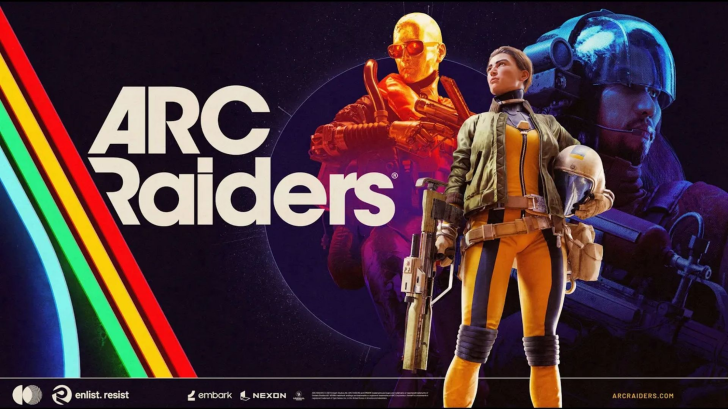Copyright Wccftech

ARC Raiders is, at the time of this writing, one of the most popular games in the video game industry. There are currently more than 300K people on Steam alone playing it right now. Its developer, Embark Studios, just celebrated 700K+ concurrent players over the weekend and over 4 million copies sold since it launched less than two weeks ago. Embark is also a relatively small studio making huge waves in competitive genres, with its free-to-play first-person shooter, The Finals, and now with its third-person extraction shooter, ARC Raiders. In many ways, it's great to see a small to mid-size team have such an impact where historically only juggernauts can survive, and yet, a cloud of controversy hangs over the game, and conversation around that controversy has bubbled over in online spaces, thanks to debate surrounding a single review. In its review, Eurogamer gave ARC Raiders 2/5 stars, and specifically called out Embark Studios' use of generative AI voices for NPCs as a core criticism (it's worth noting that the same writer reviewed The Finals for Eurogamer, and gave it 3/5 stars, while also critiquing the use of GenAI voices). What has followed in the wake of this review is a large conversation across the video game industry about how we should talk about games that use generative AI, how we should review those games, and what should or should not go into a review. Game developers, players, YouTubers, and now, even Epic Games' chief executive officer, Tim Sweeney, have joined the conversation to give their two cents. Sweeney entered the conversation by first saying in a post on X (formerly Twitter) responding to the review, "Political opinions should go into op eds folks." While it's worth pointing out that a review is inherently a person's opinion (which other users point out to Sweeney), the point that Sweeney expounds on is his argument that falling one way or the other on GenAI is 'political.' Responding to a user asking him if it is political or not to dislike and critique GenAI within the context of a game review, Sweeney writes, "Yes. This technology increases human productivity in some areas by integer multiples, and views on whether this is a net good and should be rewarded, or bad and should be fought against, are speculative and generally distributed along political lines." He continues, "Since the author states the pessimistic case, I'll put the optimistic one here. Game developers compete to build the best games in order to attract gamers. When tech increases productivity, competition leads to building better games rather than employing fewer people." Sweeney further claims that he sees GenAI voices as "an even bigger opportunity for in-game voice and voice actors," and that he "always found pre-written lines of fixed dialogue super limiting. It was painful to write text dialog in ZZT in 1991 after writing more dynamically-composed text adventure games in the 80s! AI dialog generation + human personality tuning could totally transform gaming." It's difficult to understand how generative AI voices tuned by humans create "an even bigger opportunity" for actors, since those production pipeline models would inherently be designed to use fewer actors, resulting in fewer acting jobs available and ultimately less opportunity. Also, while any writer will tell you that writing can be a painful exercise at times, any writer worth their salt would rather work through those pains than let someone else, and even worse, something else, do it for them. Writing, like practically anything else in life, is a 'no pain, no gain' craft. All that aside, Eurogamer's review has clearly hit a nerve and sparked further conversation about using generative AI in games, particularly in ways that directly replace jobs historically done by humans. Last month, Starfinder: Afterlight developers told Wccftech that "there's no point in using AI for any creative endeavor."



